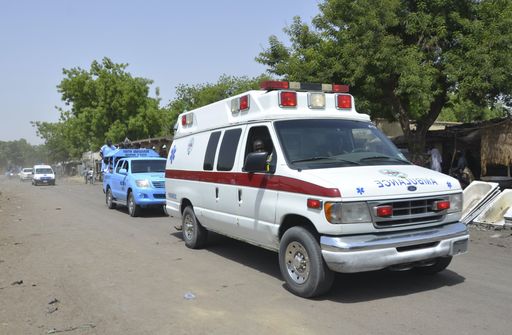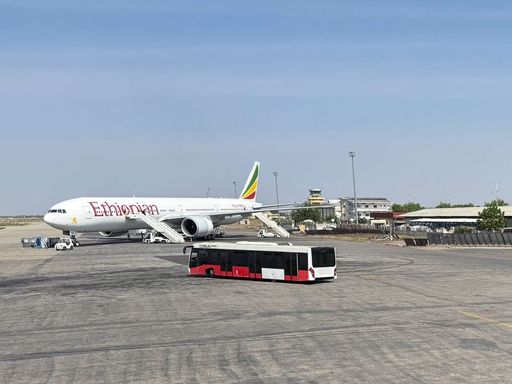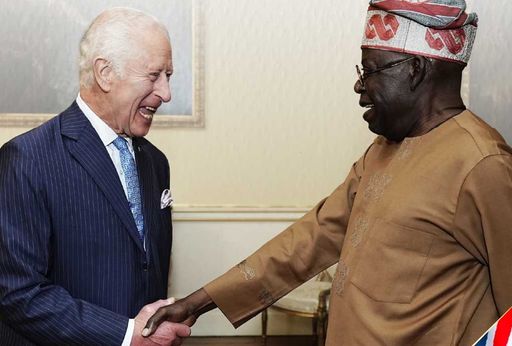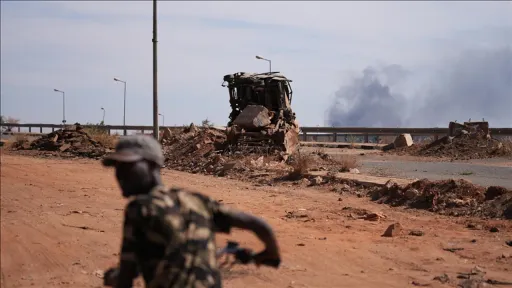Sport
More than 20 museums across Sudan have been looted or destroyed, according to officials, who estimate the total value of the losses to be around $110 million so far.
In the scorched courtyard of Sudan's National Museum in Khartoum, a towering black granite statue of Kush Pharaoh Taharqa now stands alone, surrounded by shards of broken glass and shattered stone.
Since the museum was looted in the early days of Sudan's war between the army and the paramilitary Rapid Support Forces in April 2023, thousands of priceless antiquities, many dating back to the 3,000-year-old Kingdom of Kush, have vanished.
Officials believe that some have been smuggled across borders into Egypt, Chad and South Sudan, but there is no trace of the vast majority of the pieces.
"Only the large, heavy objects that couldn't be carried off were left behind," said Rawda Idris, a public prosecutor and member of Sudan's Committee for the Protection of Museums and Archeological Sites.
At its height, the museum housed over half a million artefacts spanning 7,000 years of African history that, according to former antiquities director Hatim al-Nour, "shaped the deep history of Sudanese identity".
Colossal statues of Kushite war deities now stand sentinel over the neglected grounds, beneath a ceiling bearing the blackened scars of shelling.
The rest of the museum's precious contents have disappeared, the vast majority seemingly without a trace.
'War crime'
Central Khartoum, where the museum stands along with Sudan's main state institutions, was a battlefield from April 2023, when the paramilitary Rapid Support Forces (RSF) swept through town.
It was only after the army recaptured the capital in March that Sudan's antiquities officials returned for the first time to find their precious museum in ruins.
The worst blow, they say, was the loss of its famed "Gold Room", which had housed solid-gold royal jewellery, figurines and ceremonial objects.
"Everything in that room was stolen," said Ikhlas Abdel Latif, director of museums at the Sudanese antiquities authority.
According to her, the artefacts were transported in large trucks, through Khartoum's twin city of Omdurman, westwards to the RSF stronghold region of Darfur, before some emerged across the South Sudanese border.
The bulk of the stolen artefacts were from the Kingdom of Kush, a Nubian civilisation that once rivalled ancient Egypt in wealth, power and influence.
Its legacy -- preserved in artefacts sculpted from stone and bronze and adorned with gemstones -- has now been gutted, one of countless victims of Sudan's war.
The conflict has killed tens of thousands and created the world's largest hunger and displacement crises.
Army-aligned government officials accuse RSF fighters of looting the National Museum and other heritage sites, calling their destruction of artefacts a "war crime" -- an accusation the paramilitary group denies.
Black market offers
Comments
No comments Yet




















Comment